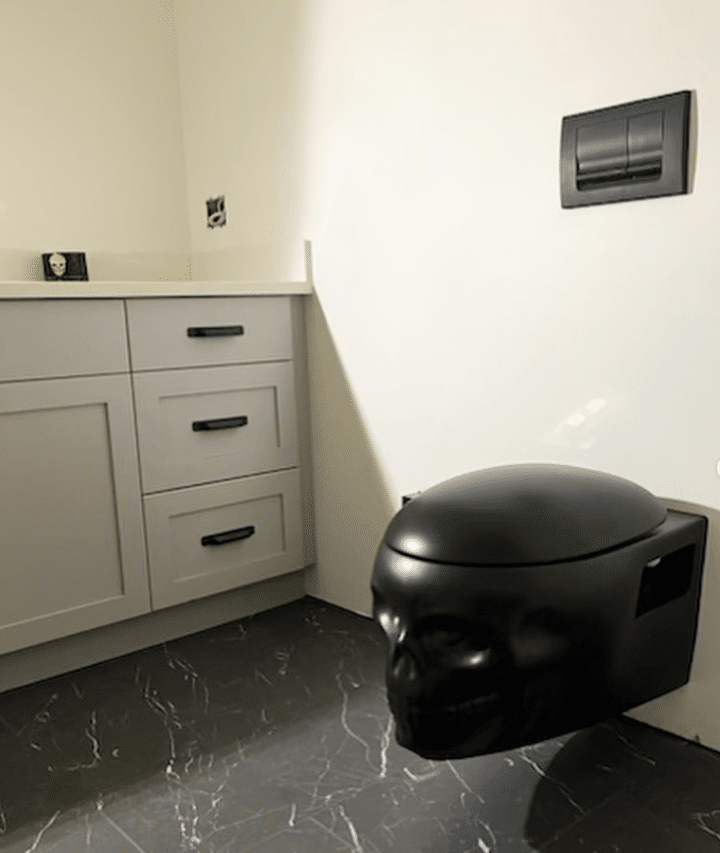As the City Expands Housing Opportunities, Concerns Arise About Infrastructure Readiness, Can Grey Water Recycling Solve Them?

The Situation – New Zoning Bylaws Allowing Density
Winnipeg, November 7, 2023 — Winnipeg’s recent decision to consider adopting a zoning change allowing 4-plexes throughout the city is leaping in the right direction. While the move will address the growing demand for housing, experts and builders alike are apprehensive about the city’s ability to support this development without a corresponding increase in water and waste management capacity.
The zoning change being debated at council is aimed at expanding housing options and promoting densification in Winnipeg. The federal government has put funds on the table for municipalities that allow for more housing starts. They are requesting Winnipeg do three things to access the funds.
- Allow 4 unit developments on any city lot;
- Allow for up to four-storey buildings within 800 metres of frequent transit routes and;
- Adopt more density-focused zoning requirements on the sites of malls;
Advocates argue that allowing 4-plexes in more areas will help address the current housing shortage and provide more affordable options for residents. Increasing density along transit lines also increases the efficiency of our transit system.
The Problem – Water and Waste Capacity
However, Josh Friesen from Dueck Builders points out that without a corresponding upgrade in water and waste infrastructure, the benefits of the zoning change will be limited. “Winnipeg’s existing water and waste systems are already under strain due to population growth and aging infrastructure. The new zoning laws will be useless words on paper, unless we have capacity to service those new homes. We have faced more challenges from Water and Waste capacity lately than from zoning issues.”
While the move to allowing 4-plexes throughout Winnipeg is a large leap towards addressing housing needs, it’s crucial that we don’t overlook the importance of upgrading our infrastructure to support this growth. Without a corresponding increase in capacity, we could be facing a situation where the system is unable to handle the additional load.
A Part of the Solution – Grey Water Recycling
There are solutions that are on the market as the city of Guelph is finding. Having completed a two-year pilot project with grey water recycling, Guelph is finding environmental, economic and social benefits from recycling grey water. Saving almost 17L of water per person per day goes a long way to reducing the load on a strained water and waste system. Shocking to find you will save money and live better in your sustainable new home…
Grey water recycling is when you recycle water from inside your home to use again. Water from sinks can be used to flush toilets, your shower dishwashing water could be used to water your lawn once it has been treated. Grey water recycling essentially means reducing and reusing your fresh water requirements.
Why doesn’t Winnipeg support this method of addressing waste and water concerns? Concern stems from issues with older grey water recycling systems that had higher risk of cross contamination. Says Councilor Brian Mayes, head of council water and waste committee “There’s a fear of contaminated water getting back in with the household regular water supply. You would be producing less sewage per house, but it would be more concentrated”.
While it doesn’t reduce pollutant load at the treatment plant, as the same amount of black water is still going down residential drains, it does reduce the load on the infrastructure carrying it to treatment plants. Recently we were required by the city to increase capacity of waste and water treatment lines before moving forward on a five plex that the planners supported. This was not an end use capacity issue, but how do we get the sewage to the treatment plant.
New systems such as the Hydraloop system are an all-in-one solution. It treats the grey water in-house, and allows for bypass of new city water if you are low on grey water storage. This system eliminates the concern of cross contamination with one-way valves and separate lines for city supply and house supply.
The goal of development should not only accommodate the increased demand but also to create a sustainable and efficient system that will serve Winnipeg residents for years to come. It is time the city move beyond their outdated ban on grey water systems, and instead embrace a sustainable path forward.
Your Role to Support Grey Water Recycling!
Community input will also play a crucial role in shaping the city’s approach to this issue. The city needs to hear from residents and industry experts to shape their approach to policy on sustainable development. We need affordable living, and that starts at home. Getting to the place where fourplexes are allowed, and feasible, city wide will be a great start.
As Winnipeg moves forward with its plan to allow 4-plexes citywide, the focus on infrastructure readiness is a reminder that responsible urban development requires a comprehensive approach. Balancing housing expansion with the necessary infrastructure upgrades will be key to ensuring a thriving and sustainable future for the city and its residents.
If you would like your voice heard, and would like to have a more sustainable water policy, please write your local councilor. Encourage them to adopt forward thinking policy, and allow grey water recycling in our city. It will save water, save money, and allow for better use of land.
